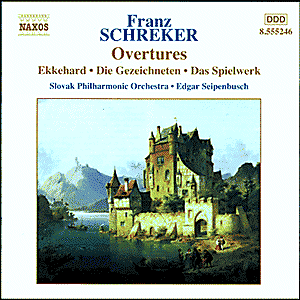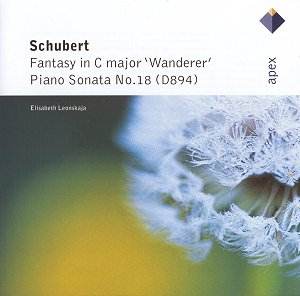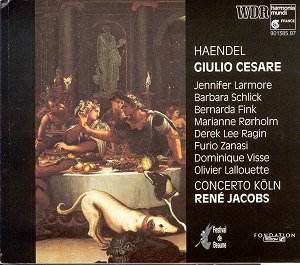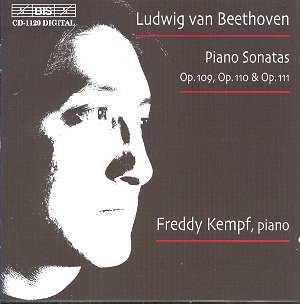 Composer: Franz Schreker
Composer: Franz Schreker
Works: Ekkehard Overture (1902), Fantastic Overture (1903), Der Schatzgräber: Act 3 Interlude (c. 1915), Die Gezeichneten: Prelude (1914), Das Spielwerk: Prelude (1932)
Performers: Slovak Philharmonic Orchestra, Edgar Seipenbusch
Recording: Slovak Philharmonic Concert Hall, Prague, Czech Republic, 1986-7
Label: NAXOS
Franz Schreker, a figure whose artistic identity was irrevocably marred by the political climate of early 20th-century Germany, offers a rich tapestry of orchestral color and emotional nuance in his overtures and incidental music. The present Naxos release, a re-issue of a 1987 Marco Polo recording, provides an opportunity to explore Schreker’s theatrical sensibilities and complex orchestration. His early promise as a composer was overshadowed by the rise of National Socialism, which stifled his reputation and relegated him to the peripheries of the canon. This collection serves as both a historical document and a showcase of his distinct musical voice.
The Slovak Philharmonic Orchestra under Edgar Seipenbusch approaches Schreker’s works with a commendable sense of commitment, articulating the lush orchestral textures that are characteristic of his style. The Ekkehard Overture, an early symphonic piece, unfolds with a series of medieval chords that recur throughout, offering a narrative arc that echoes the romantic entanglements of its literary source. The performance captures the work’s duality—its moments of turmoil juxtaposed against serene resolutions, particularly in the wind instruments’ delicate passages that suggest a hermit’s hard-won peace. This interpretation vividly conveys the emotional journey of the protagonist, highlighting the potential for introspection within Schreker’s orchestral palette.
Conversely, the Fantastic Overture presents a more complicated picture. Despite its grand title, the piece struggles to coalesce into a cohesive emotional experience, often feeling nebulous and lacking in thematic development. While the orchestra’s execution is spirited, the overall impression is one of emotional flatness. The dark, gothic opening gives way to a somewhat anticlimactic conclusion, leaving the listener yearning for the promised excitement that the title suggests. This work exemplifies Schreker’s propensity to shift quickly between ideas without fully developing them, a tendency that can lead to a disjointed listening experience.
The Interlude from Der Schatzgräber offers a glimpse into Schreker’s operatic world, where rich orchestration paints a scene of impending darkness before dawn breaks. The orchestral interplay here is effective, though the dramatic intent can feel muddled amidst heavy scoring, which sometimes obscures the narrative clarity. The ensuing cheerfulness, as represented through musical motifs, does not convincingly match the preceding tension, suggesting a disconnect between visual and aural elements that may not serve the stage as intended.
Die Gezeichneten, with its exploration of dark themes surrounding obsession and desire, showcases Schreker’s flair for powerful thematic development and vivid orchestral colors. The prelude resonates with the emotional complexity of its narrative, and the orchestra’s performance captures the dramatic intensity with an admirable depth of feeling. This piece stands out in the collection, revealing Schreker’s ability to evoke profound emotional landscapes, reminiscent of Richard Strauss yet distinctly his own.
Recording quality is commendably clear, allowing the intricate orchestral textures to emerge without undue distortion. While there are moments where the brass section lacks the precision one might desire, the overall balance and clarity of the recording serve the music well. The engineering effectively captures the expansive sound of the Slovak Philharmonic, making the listening experience engaging despite some interpretive inconsistencies.
The collection, while undeniably a valuable introduction to Schreker’s oeuvre, may leave listeners wanting for lighter fare amidst the predominantly somber themes presented. A more balanced selection could have showcased the breadth of his creativity and offered a respite from the prevailing darkness. Nonetheless, the performances here, particularly the commitment of the Slovak Philharmonic, provide a compelling entry point into the world of Schreker, illuminating a composer whose voice deserves renewed attention in the concert repertoire.



